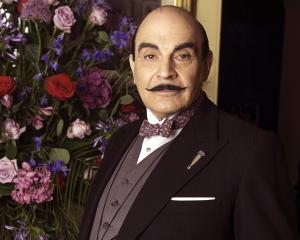
The state of the books, which included a higher-than-budgeted deficit of more than $35million and mounting debt, also drew warnings from two councillors about the path ahead.
The report was adopted on Thursday, after a city council meeting had stretched into a second day.
This was right on the deadline, as October 31 was four months since the completion of the 2023-24 financial year.
Council chief executive Sandy Graham said it was the first time in a few years the annual report had passed audit without qualifications.
Deputy mayor Cherry Lucas said the process had gone down to the wire.
She also noted the deficit was about $7m more than had been budgeted and the council would need to move towards approving balanced budgets.
Cr Christine Garey observed Three Waters valuations seemed to be behind the annual report being completed at the 11th hour.
Dunedin Mayor Jules Radich said resolving differences in Three Waters valuations had been important and would help the path ahead.
Audit and risk subcommittee chairman Warren Allen said it had been another challenging year and the review had been thorough.
Cr Lee Vandervis said he was concerned the document’s progress through the subcommittee "had a purely audit focus" and not enough consideration had occurred about risk.
"Much discussion around technical issues of valuation — relevant as they are to depreciation and achieving an unqualified audit approval — is of little comfort to those who are unable to afford further rates rises on top of the recent 17.5% [in 2024-25], and more so the ever-increasing debt that I believe to be unsustainable."
The 2023-24 year included $206m of capital expenditure.
Term loans increased from about $460m to more than $590m.
Highlights from the year included completion of the George St upgrade, the purchase of Forbury Park, development of a zero-carbon plan and construction getting under way on the South Dunedin library and community complex.
The mayor said Dunedin being a host city for the Fifa Women’s World Cup had injected an estimated $21m into the local economy.
The council had also been a champion for the needs of residents in Dunedin and the lower South Island in challenging proposed cuts to the city’s new hospital, he said.












